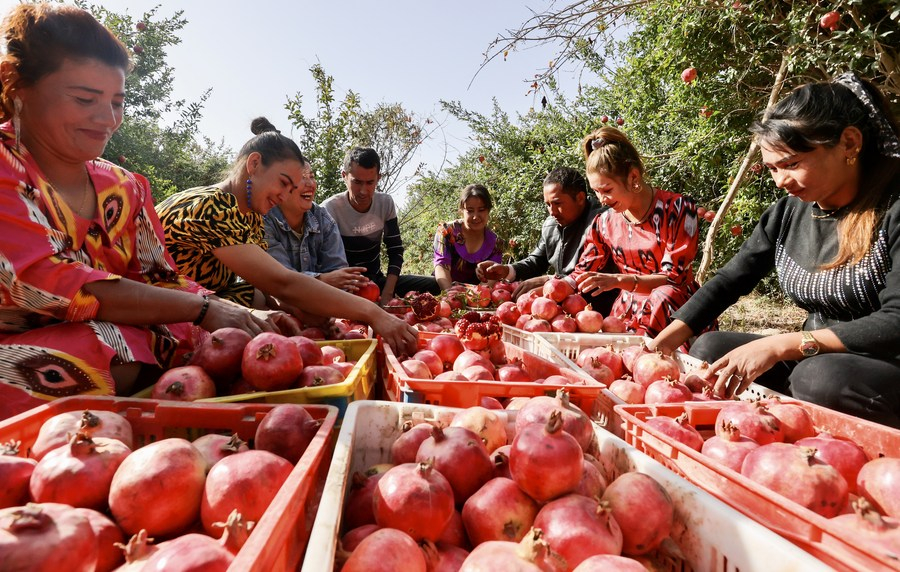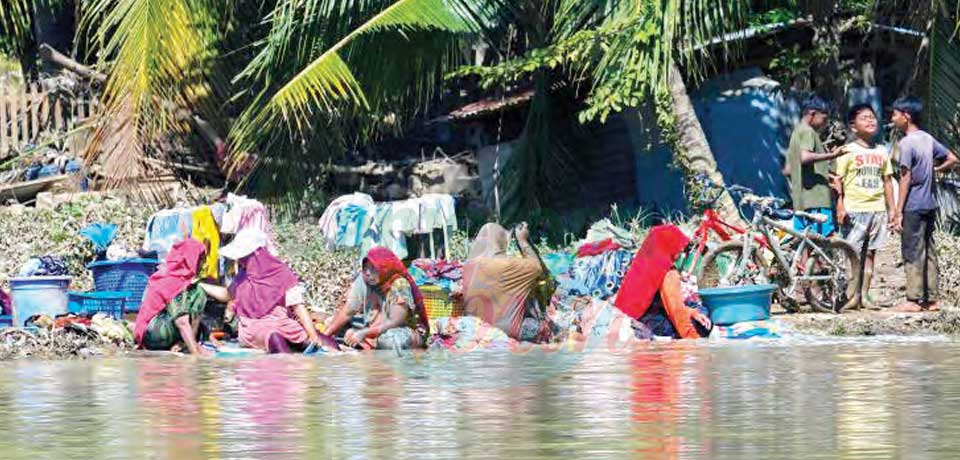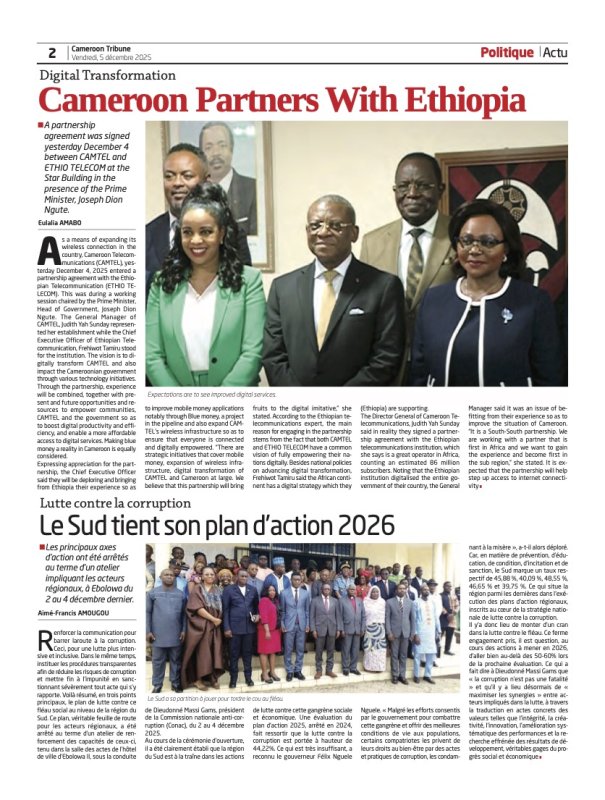China’s Xinjiang Region: Beijing Refutes Allegations Of Forced Labour
- Par Kimeng Hilton
- 05 Jul 2024 21:03
- 0 Likes

Argues that the people of the Xinjiang Uygur Autonomous Region are reaping the fruits of economic growth without discrimination.
On December 22, 2021, the United States of America passed a bill on sanctions against China for its alleged policy of forced labour in the Xinjiang Uygur Autonomous Region. Reacting to the development, a commentary carried by Xinhua news agency noted: “The passage of the so-called "Uyghur Forced Labor Prevention Act" is a new manifestation of Washington cooking up lies and creating troubles on Xinjiang-related issues, seeking to contain China and holding back the development of the world's second largest economy through political manipulation and economic bullying in the name of "human rights."
The Ugly Xinjiang Card
The United States has been consistently playing the Xinjiang card and placing the label of "forced labor" on the region. But the U.S. allegation can hardly hold water at all. The commentary argued that from 2014 to 2019, the total number of people employed in Xinjiang rose from 11.35 million to 13.3 million, an increase of 17.2 percent. “The income of residents and workers has increased steadily. Workers' job preferences have always served as an important reference for the local government of Xinjiang in designing its employment policies, expanding employment channels, creating jobs, organizing vocational training sessions, and providing placement services.
Cotton Output Not Attributable To Forced Labour
“Workers of all ethnic groups in Xinjiang always choose their jobs of their volition, and there is no coercion involved. With the implementation of a series of policies and measures to boost employment in the region, Xinjiang has basically achieved the goal of ensuring that every family has access to employment, everyone has a job, and everyone can earn a monthly income.
"The so-called "forced labor" allegation in Xinjiang's cotton production cannot hold ground given the fact that the region, the largest high-quality cotton production base in China and an important producer of the crop across the world, has seen mechanized and intelligent cotton planting in recent years,” the commentary said.
America’s Child Farm Children
Citing data from China’s National Bureau of Statistics, the commentary said cotton output in Xinjiang topped 5.1 million tonnes in 2022, maintaining its first rank in China for over two decades. “While certain U.S. politicians picked the label of "forced labor" to defame Xinjiang, the label in fact should be pinned on the United States itself. There are approximately 500,000 child farm workers in the United States, roughly 240,000 to 325,000 women and children are victims of sexual slavery, and up to 100,000 people were trafficked into the United States for forced labor annually over the past five years.
Xinjiang’s Fast Progress, Despite All
“The Chinese often say that as a clay figure cannot survive rain, lies cannot stand scrutiny. The U.S. egregious scheme of containing China with Xinjiang-related issues further reveals the true face of some U.S. politicians who have stopped at nothing to smear and slander Xinjiang. Regardless of all the clamors of Western politicians, Xinjiang will only make faster progress in its prosperity and development, and so will the whole of China,” the commentary concluded.
Another View Of Xinjiang
In an interview with Xinhua in March 2024, an Egyptian official said China's northwestern Xinjiang Uygur Autonomous Region has witnessed great development, and residents enjoy the benefits of development without discrimination. "I made several tours in Xinjiang and entered the homes of Uygur citizens in many places in the region. I visited many cultural landmarks there, and saw the regions before and after development," said Abdel-Muti Abu-Zeid, head of the External Media Sector of Egypt’s State Information Service.
Xinjiang Not Discriminated Against
Abu-Zeid in 2023 headed a big Egyptian media delegation on a 10-day visit to China, during which they toured some Chinese regions and provinces, including Xinjiang. "It was not my first visit to the region. I previously visited it in 2016 and toured many of its cities," said Abu-Zeid. He said he saw for himself the development and renaissance in Xinjiang, which are comparable to those of all other Chinese regions.
Inclusive Development
“Development in Xinjiang is huge, and it covers all the villages and cities in the region and benefits all citizens of Xinjiang of all ethnic groups… This is the most important way to serve the people and improve the lives of cit...
Cet article complet est réservé aux abonnés
Déjà abonné ? Identifiez-vous >
Accédez en illimité à Cameroon Tribune Digital à partir de 26250 FCFA
Je M'abonne1 minute suffit pour vous abonner à Cameroon Tribune Digital !
- Votre numéro spécial cameroon-tribune en version numérique
- Des encarts
- Des appels d'offres exclusives
- D'avant-première (accès 24h avant la publication)
- Des éditions consultables sur tous supports (smartphone, tablettes, PC)














Commentaires